News + Media
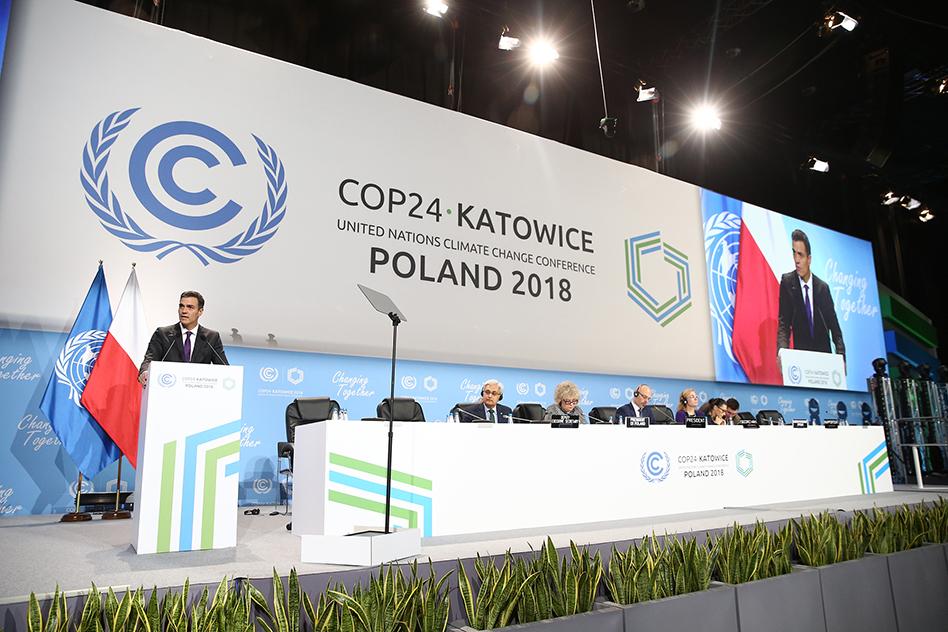
Meeting the Paris 2°C goal requires a dramatic turnaround in emissions in the very near future, argue Joint Program researchers Henry Jacoby and Jennifer Morris in The Conversation
A mounting sense of urgency will greet negotiators as they arrive at this year’s United Nations Climate Change Conference in Poland. In 2015, after 20 years of trying and failing to reach a global accord on climate-changing emissions, 195 nations hammered out a deal, the Paris Agreement, that...
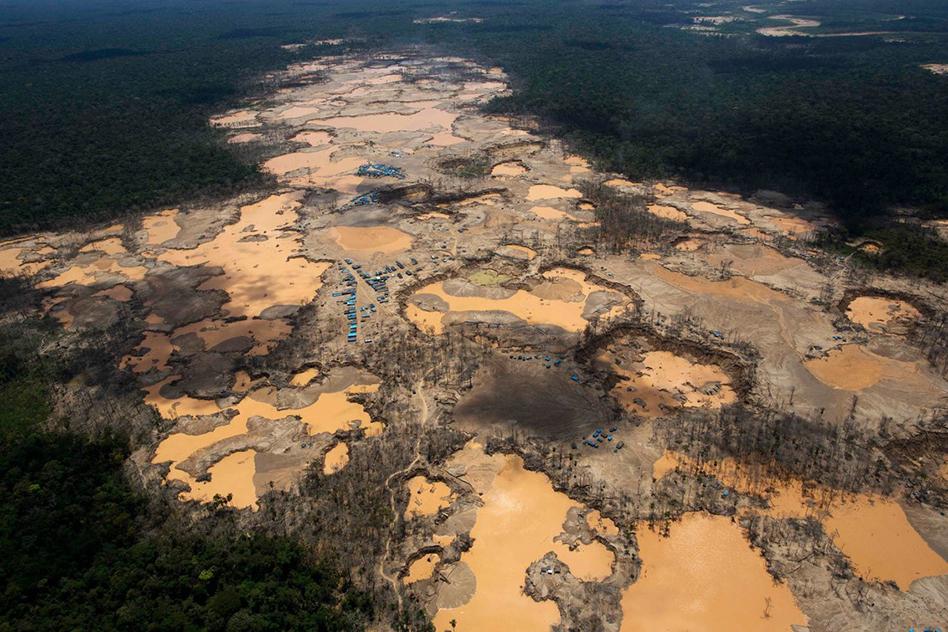
Noelle Selin comments on mercury pollution and its adverse impacts (Wired)
SOPHIA CHEN
LAST WEEK, DIPLOMATS from over 150 countries flew to Geneva to discuss how to reduce human-made emissions. No, not that kind. These suits want to cut mercury pollution.
Figures from the MIT Joint Program 2018 Food, Water, Energy & Climate Outlook.
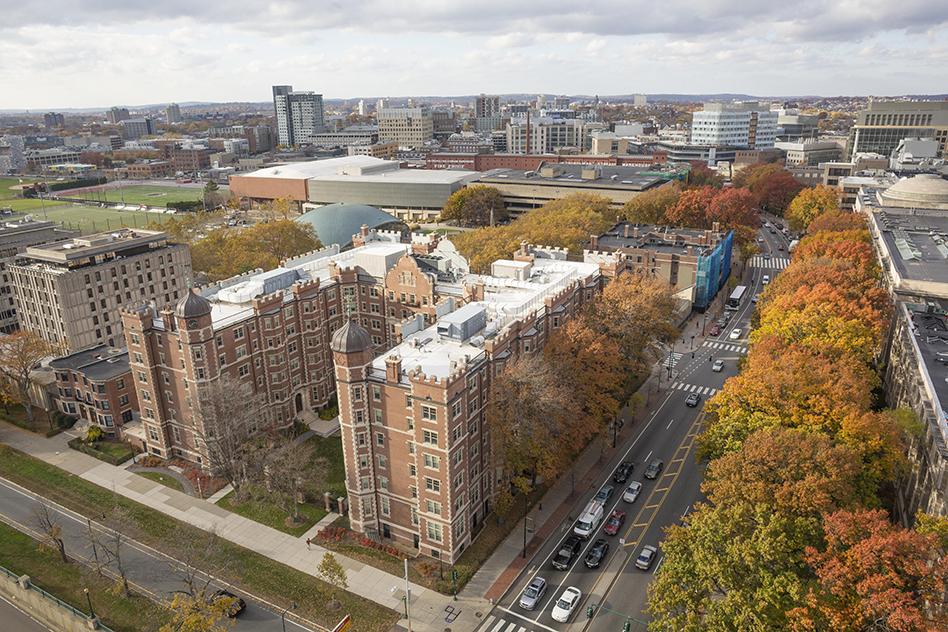
New generating plant, building retrofits, and progress in metering energy use represent ongoing gains
David L. Chandler | MIT News Office November 27, 2018
Despite a challenging year marked by a colder-than-usual winter and the construction of major new campus buildings, MIT has continued its progress toward its declared goal of reducing campus greenhouse gas emissions by 32 percent by...
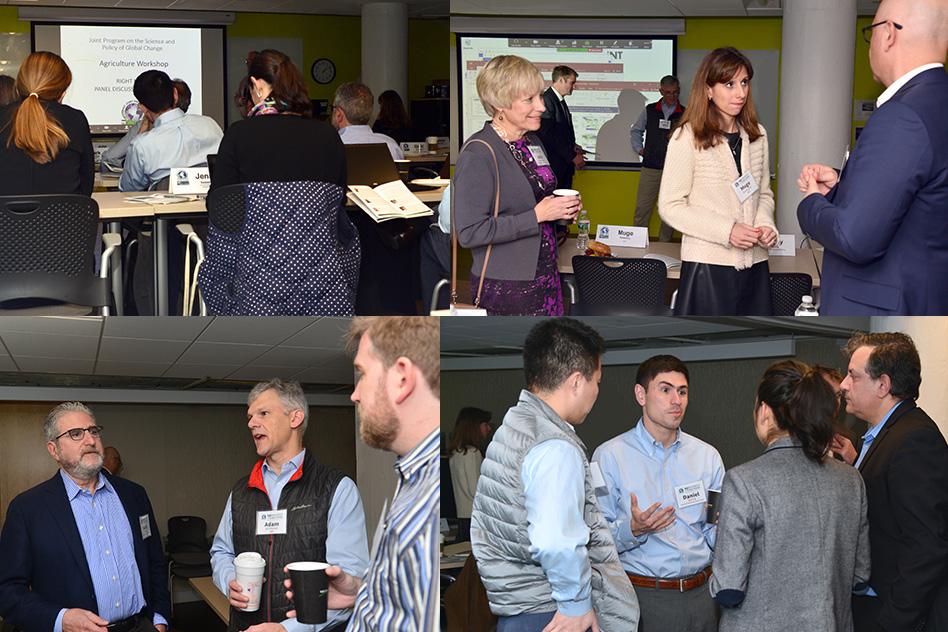
When it comes to global change, agriculture cuts both ways. Subject to the vicissitudes of global climate change, population and economic growth, the cultivation of crops and livestock alters atmospheric concentrations of planet-warming greenhouse gases and also contributes to pollution of...

A more flexible, responsive grid is needed to boost renewable electricity in China, says Joint Program faculty affiliate Valerie Karplus (Technology Review)
But are the country’s next-generation power lines a clean-power play or a global power move?
by James Temple
November 8, 2018
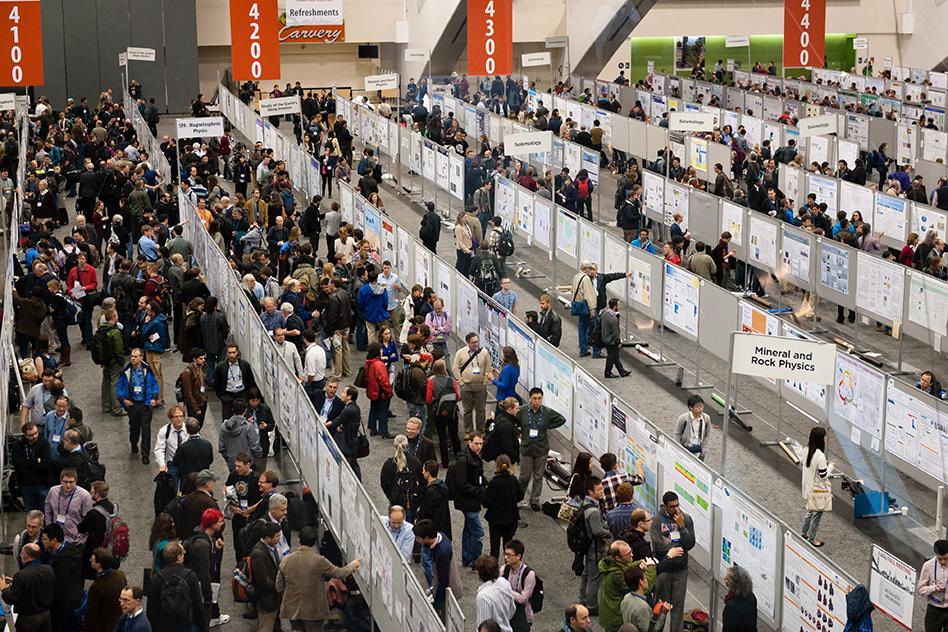
Seventeen researchers and affiliates of the MIT Joint Program on the Science and Policy of Global Change plan to deliver or contribute to 10 oral and poster presentations at the American Geophysical Union (AGU) 2018 Fall Meeting on December 10-14 in Washington, D.C.
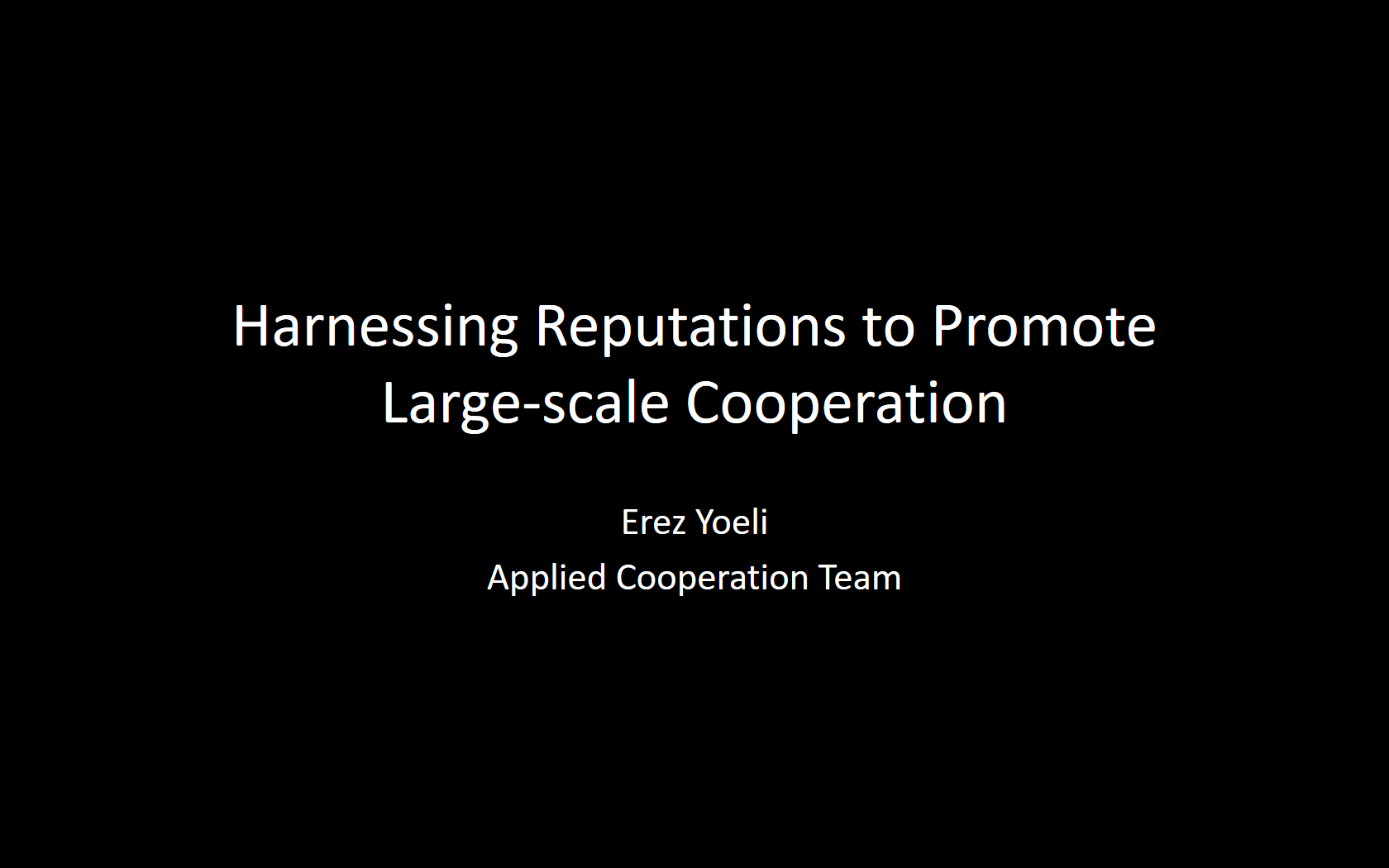
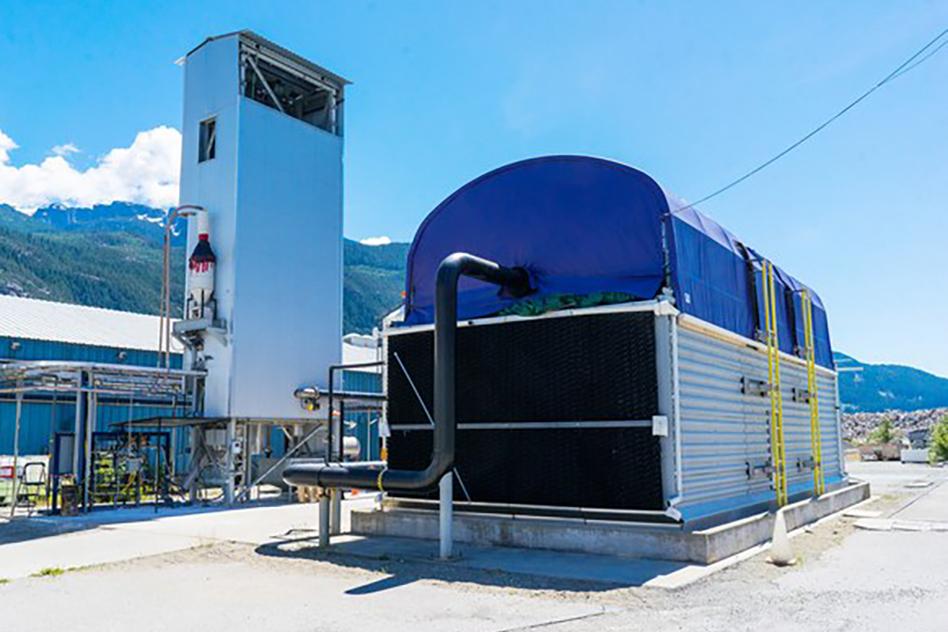
In Wired, CEEPR Director/Joint Program affiliate Christopher Knittel comments on the benefits of carbon taxes and the challenges of implementing them
On paper, carbon capture is a simple proposition: Take carbon that we’ve pulled out of the Earth in the form of coal and oil and put into the atmosphere, and pull it out of the atmosphere and put it back in the Earth. It’s like hitting undo on the Industrial Revolution. And scientists can indeed...
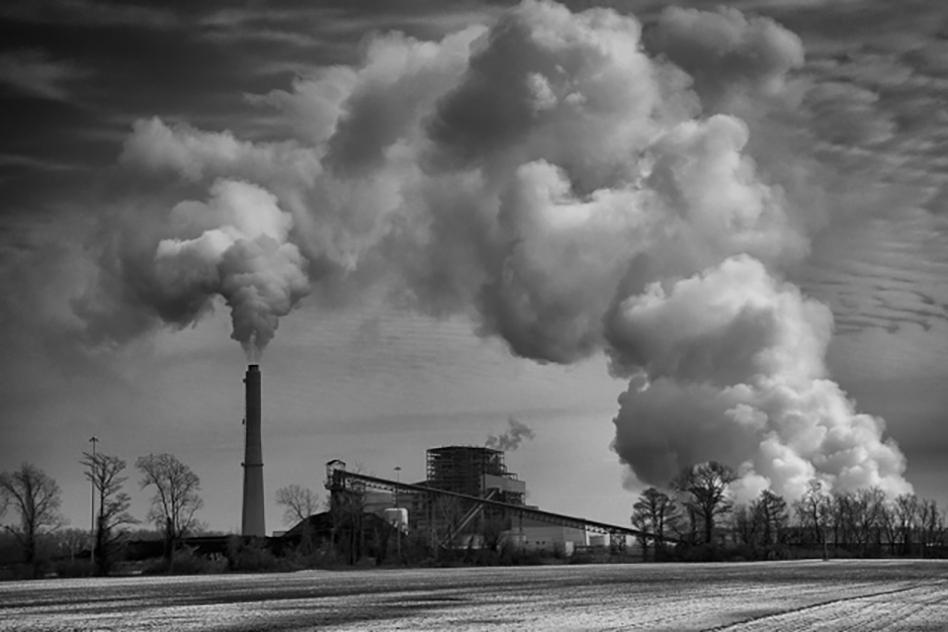
Toxin will accumulate in the environment, particularly in remote regions, as countries delay implementing emissions controls
Jennifer Chu | MIT News Office November 1, 2018
Mercury is an incredibly stubborn toxin. Once it is emitted from the smokestacks of coal-fired power plants, among other sources, the gas can drift through the atmosphere for up to a year before settling into oceans and lakes. It can then...

